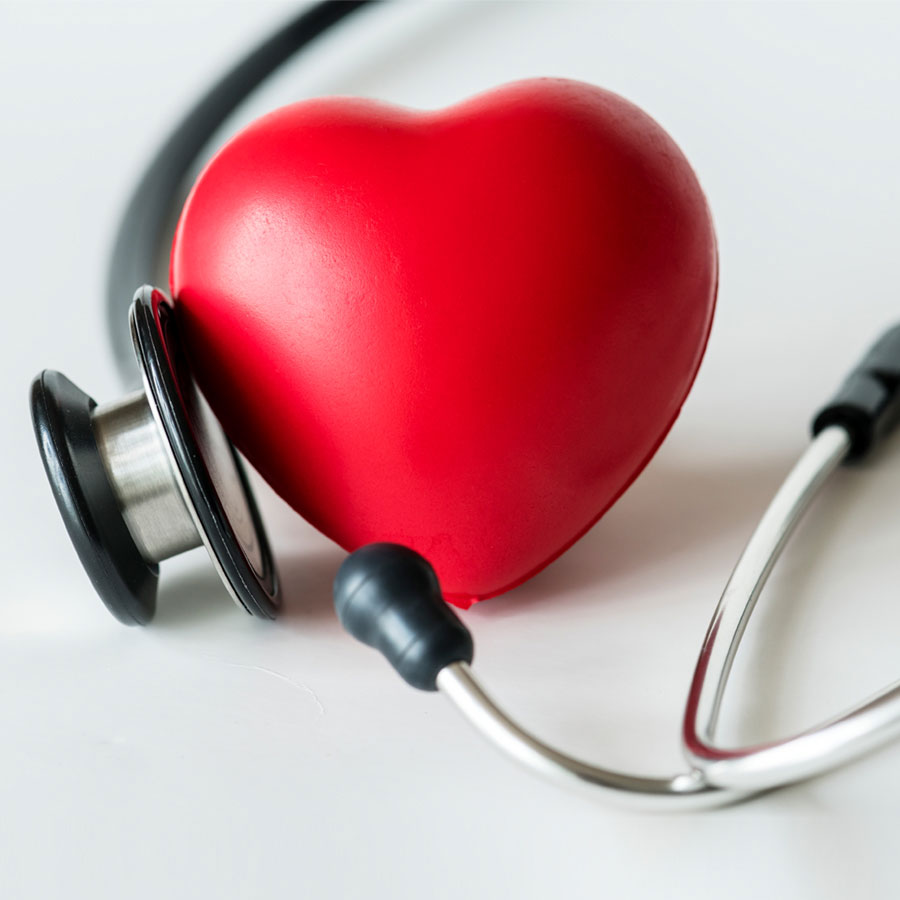
- Home
- News & Blog
- Four warning signs of a heart attack

80% of people who come to the emergency department thinking they are having a heart attack are actually experiencing symptoms that aren't related to heart problems. To help you from getting confused or being stressed unnecessarily, here are four signs that are clear indicators.
-
Chest pain
But it's not like in the movies, where the person clutches their chest dramatically and collapses. It doesn't usually happen like that. Although many things can cause chest pain, heart attacks usually start with a low-intensity pain that disappears and then reappears, much stronger, after a few hours. It is an oppressive pain, and isn't relieved by anything; many patients say it feels like being crushed by a huge weight. The pain often spreads to the arms, neck, and jaw.
-
Shortness of breath
Depending on the part of the heart that is affected, a feeling of suffocating can start shortly before the attack, or at the same time. It happens when a clot blocks one of the heart's arteries, preventing the heart from being able to pump blood properly. If oxygenated blood can't get to the lungs, an edema (accumulation of liquid) forms, and the patient suffocates.
-
A feeling of fullness and nausea
These are symptoms that we tend to associate with stomach problems or stress, instead of a heart attack. Even though pain is considered the fifth vital sign, the nerve impulse doesn't only reach the brain, but other parts of the body as well. Because the stomach is close to the heart, and they share the same nerve supply (parasympathetic or vagal), it is not uncommon to experience confused symptoms such as nausea, vomiting, indigestion, and diarrhea.
-
Dizziness and cold sweats
Though these are not signs that usually make you think of a heart attack, some survivors talk about having felt dizziness that they ignored. When the pumping rhythm of the heart is disturbed and it cannot pump blood in or out properly, or it pumps blood randomly, blood pressure lowers. This means that not enough blood reaches the brain, which can lead to fainting.
Getting it off your chest
There are some chest pains that can be misleading, but aren't actually a medical emergency:
- A pinch that lasts for a few seconds and then goes away. This is almost always muscle-related pain.
- Aching that gets worse when pressure is applied to the chest. This is bone and joint pain.
- Pain that gets worse with coughing. This is usually caused by a problem in the lungs: the membrane covering the lungs (the pleura) can become inflamed.
For any Cardiology Consultation contact us at (02) 8637 9661 or email us at customer.care@keralty.com.ph.
 Philippines
Philippines
 Keralty Global
Keralty Global

